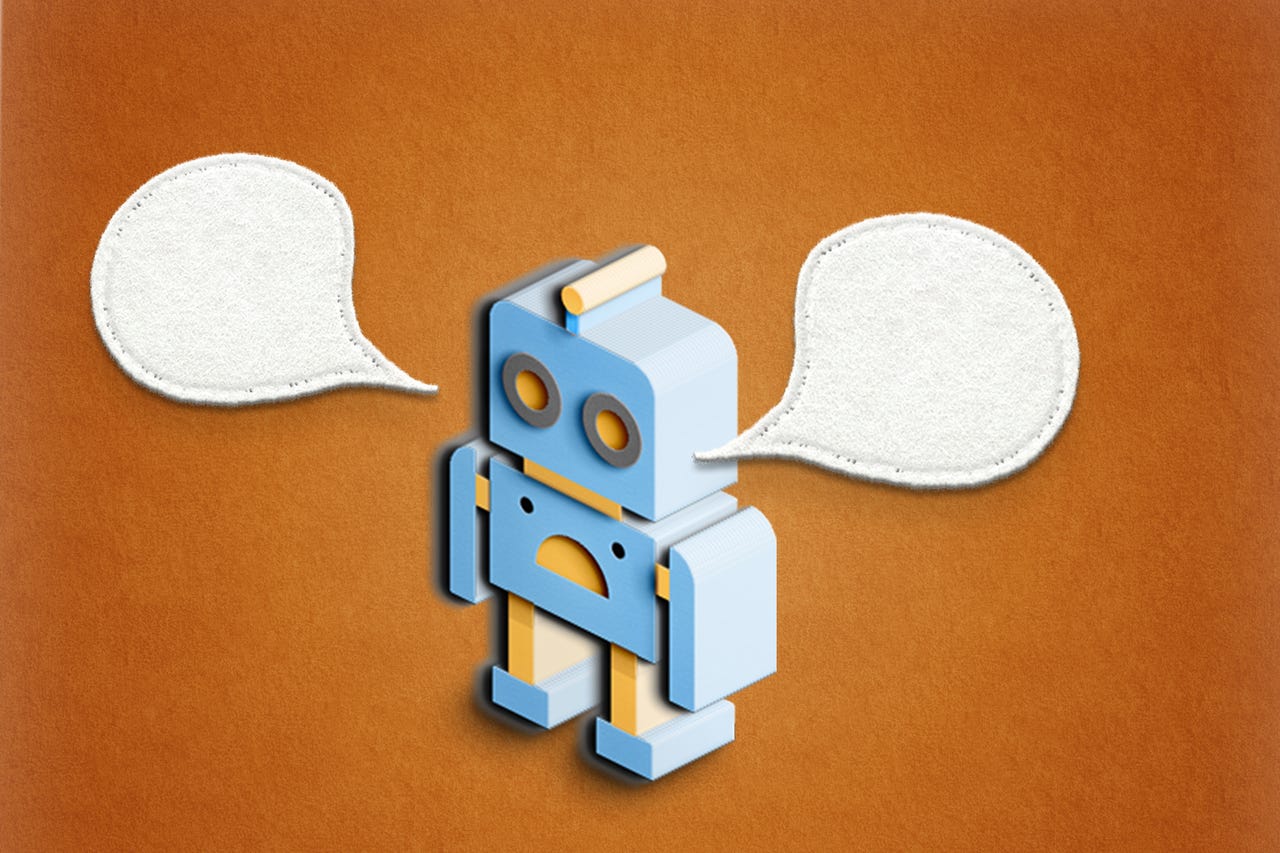Is ChatGPT an effective therapy alternative? 80% of this study's participants thought so


Therapy has proven to be an effective outlet for people to express their thoughts, emotions and concerns. However, sitting across from a therapist and spilling all of your deepest thoughts can be intimidating and challenging.
As a result, some people would rather talk about their feelings with an AI chatbot.
Also: 70% of employees are happy to delegate work to AI, according to new Microsoft report
A new study by Tebra, an operating system for independent healthcare providers, surveyed 1,000 Americans and additional healthcare professionals to measure feelings regarding AI in healthcare.
The study found that 1 in 4 Americans would rather talk to an AI chatbot instead of attending therapy with a human therapist.
Of those people who turned to ChatGPT for advice, 80% felt it was an effective therapy alternative, according to the study.
Communicating in cyberspace can provide a certain level of comfort to users and allow them to communicate more freely, referred to as the online disinhibition phenomenon.
Also: AI can write your emails and essays. But can it express your emotions?
This phenomenon is why people have the courage to say things online that they would be able to say in person, and could be a contributing factor as to why people are preferring to chat with a bot instead of a human.
Knowing that you're not talking to a person can also provide an added level of comfort and help eliminate additional inhibitions a person may have.
The study also found that Americans are not just turning to AI for therapy but also other medical concerns.
Also: AI bots have been acing medical school exams, but should they become your doctor?
Of the people surveyed, just over 5% reported using ChatGPT for medical diagnosis and following its advice. Of those who did, 90% found the advice to be effective.
As people continue to embrace and trust AI, we can expect to see a growth of AI applications in the medical field.